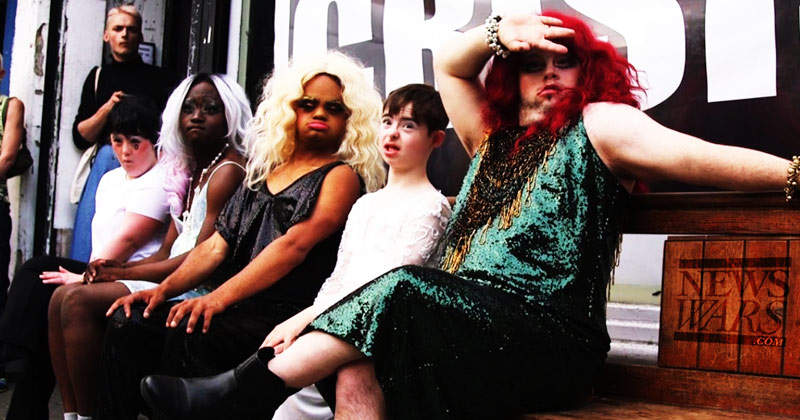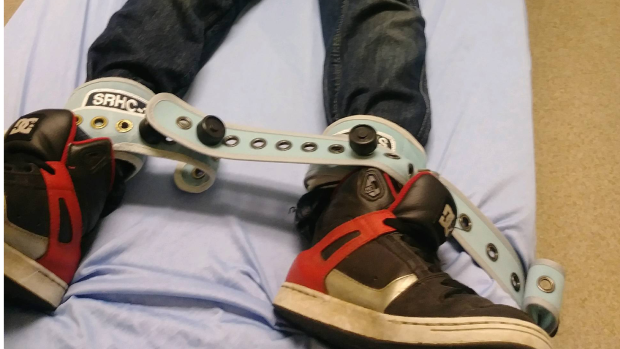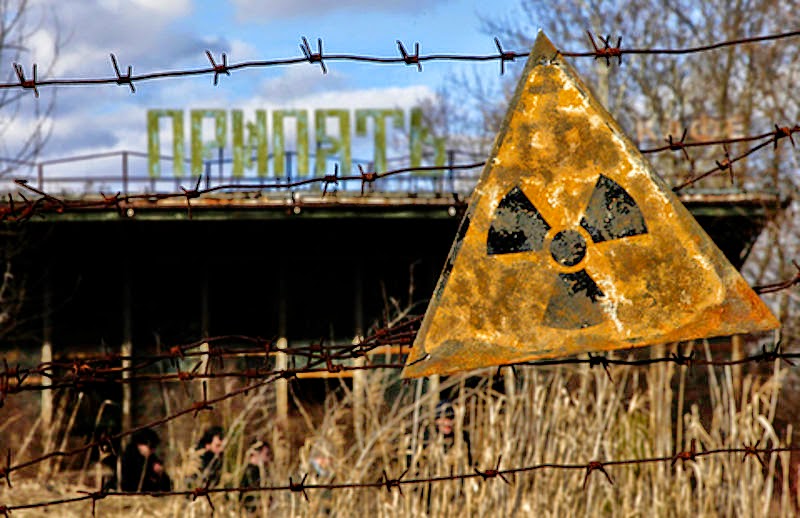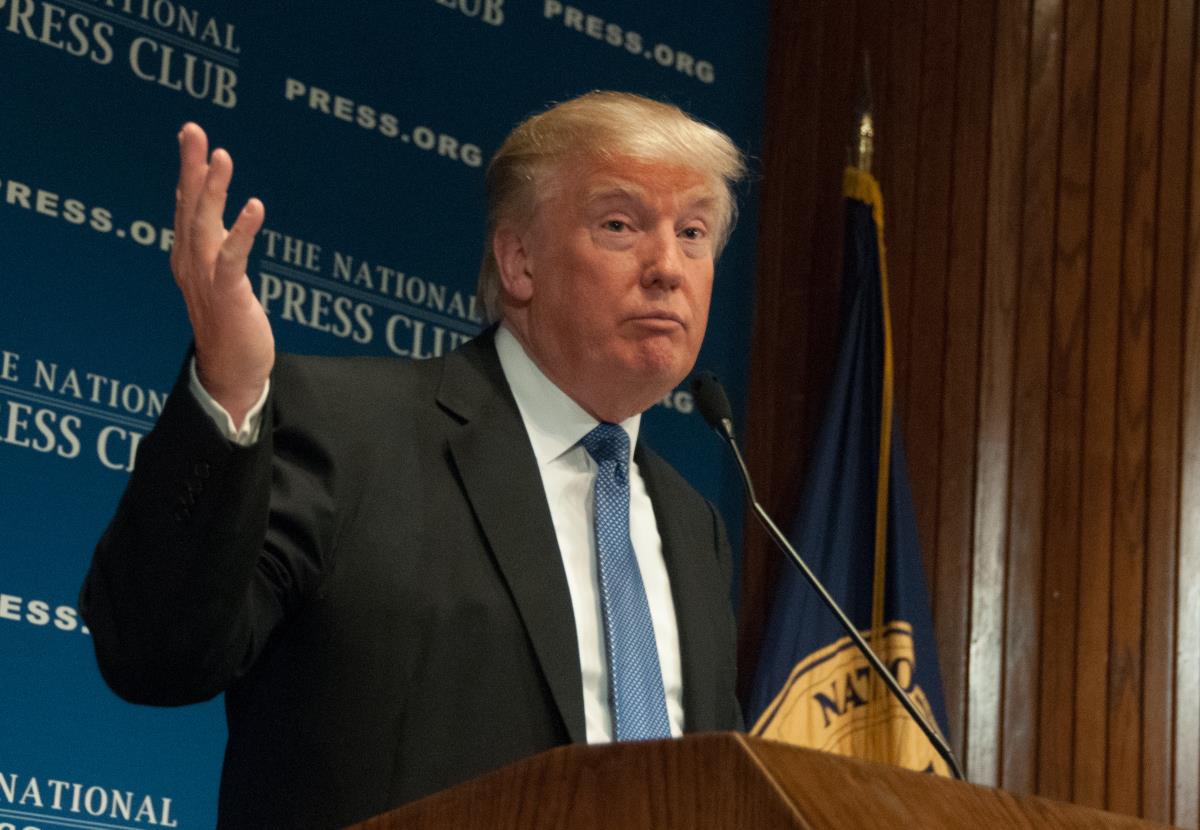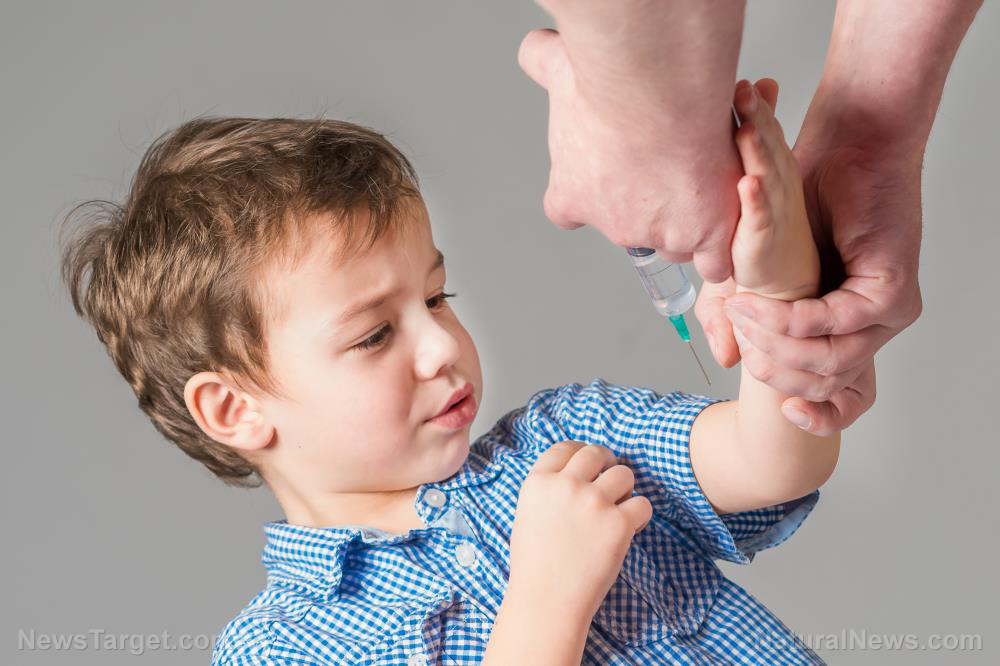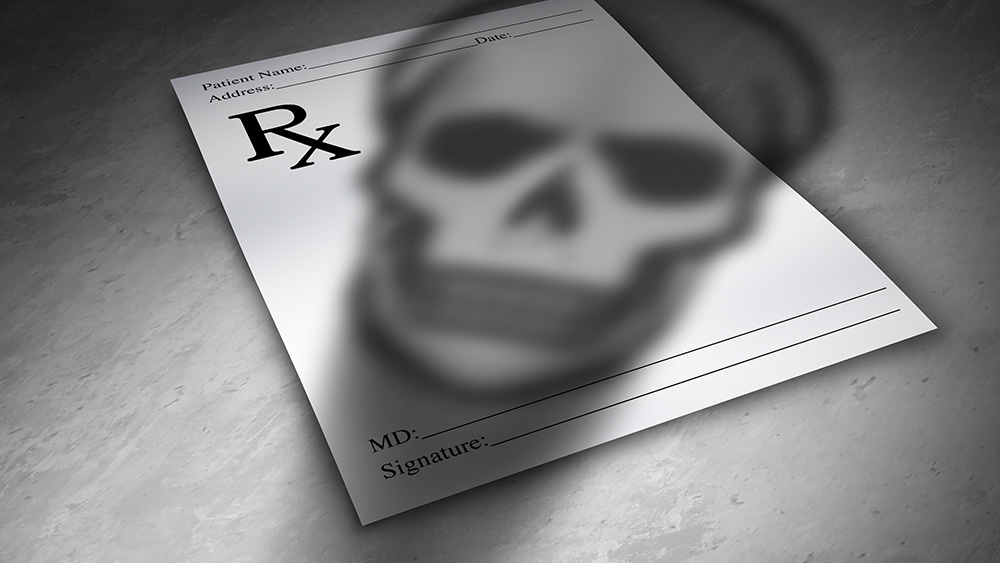US healthcare system collapsing so rapidly that workers are now committing suicide in record numbers
06/04/2018 / By Ethan Huff
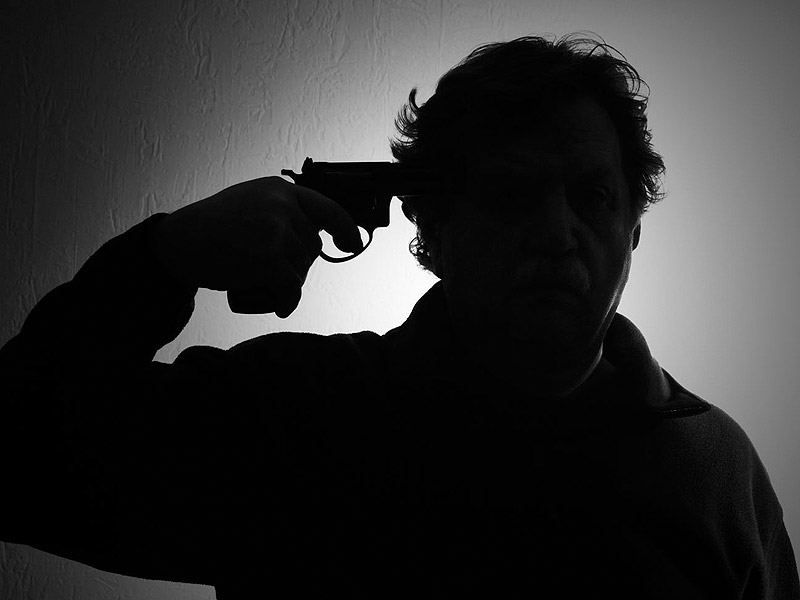
An unprecedented number of medical professionals are committing suicide these days, and one doctor is concerned that not enough is being done both to address the problem and to prepare the victims’ colleagues to deal with this escalating crisis.
Comparing it to the current opioid epidemic, Dr. Vinita Parkash, an associate professor of pathology at the Yale School of Medicine tells the story in a recent piece for The Hill of her own junior colleague who committed suicide a little more than a week before her 35th birthday.
Dr. Parkash had been a mentor, of sorts, to the victim as she transitioned from her fellowship into practice. Upon receiving news of the suicide, Dr. Parkash says that her own department continued about its business as if nothing had happened.
That’s because physician suicides are becoming increasingly common, outpacing suicide rates in nearly every other segment of society. And while experts can’t pinpoint a precise cause, one of them, suggests Dr. Parkash, is the erosion of public trust in the medical profession.
Since many modern doctors function as little more than Big Pharma pill-pushers, the public’s confidence in their supposed expertise has never been lower. Roughly 60 percent of average citizens, and a shocking 80 percent of doctors themselves, now admit that they don’t trust the drug industry, and believe that drug companies routinely lie about the safety and effectiveness of pharmaceuticals.
This is hardly the reputation that the medical industry at large wants attached to itself. And yet, this is the reality that budding medical students and medical professionals alike now face – which is clearly taking its toll on their well-being.
Statistics show that as many as 400 physicians were reported to have taken their lives just in the year 2016. And that number seems to be increasing year after year, particularly among female medical students and professionals who, for whatever reason, simply can’t deal with the profession.
The medical system is BROKEN, and it’s now harming those tasked with administering it
Earlier this year, the National Academy of Medicine issued a paper aimed at raising awareness about nurse suicides in particular, calling for more research into the causes. Some suspect that it’s simply a case of higher rates of depression stemming from the intense rigor of going through many years of school, only to be thrust into a demanding and often thankless job. But there are admittedly other factors involved that often go unaddressed.
“Excessive pressures and expectations at work, paired with seemingly unattainable goals for quality and productivity as well as societal loss of trust in physicians, has led to a loss of meaning of work and of self for physicians,” writes Dr. Parkash.
“This is not the norm that physicians or nurses expected when we answered the call to be care-providers.”
With the costs of healthcare increasing all the time, erosion of public trust in the system itself is also creating added pressures for medical professionals. Many patients have trouble paying for treatment these days, not to mention the high likelihood of serious side effects associated with treatments that, in many cases, don’t even work.
It’s a problem that doctors and nurses may not be directly responsible for causing, but one that they have no real choice about being a part of. Since drugs and surgery currently represent the status quo of the American medical profession, this is what doctors are exclusively taught to administer, with no other choice in the matter.
This broken system is bad enough for the patients that become victims of it. But victimization is now apparently spilling over into the profession itself, as medical professionals struggle to deal with something that many of them never could have anticipated before getting hundreds of thousands of dollars in debt with no escape.
Sources for this article include:
Tagged Under: Collapse, doctors, health care, health care system, medical profession, Medicine, nurses, status quo, suicide
RECENT NEWS & ARTICLES
COPYRIGHT © 2017 MEDICAL EXTREMISM

